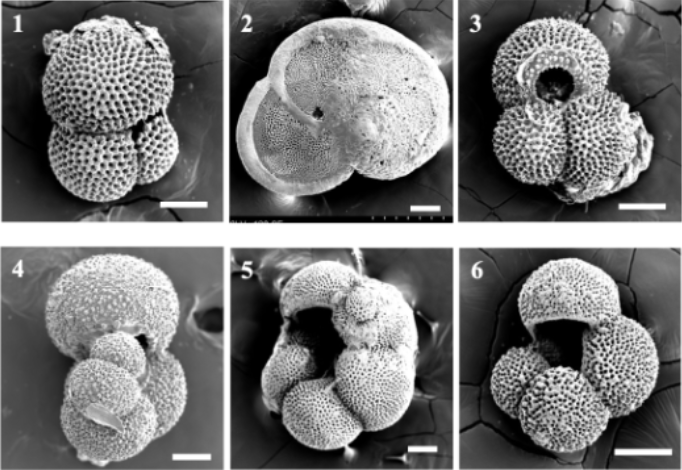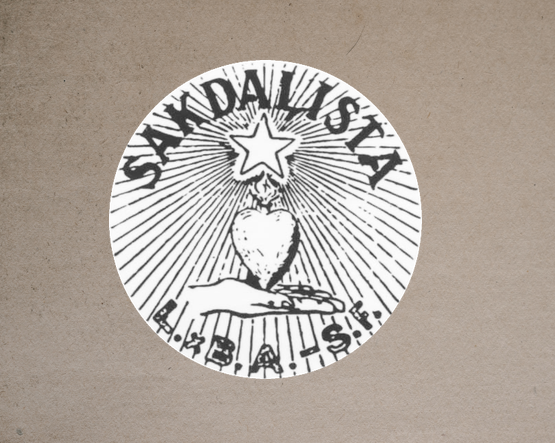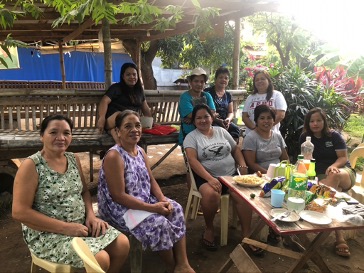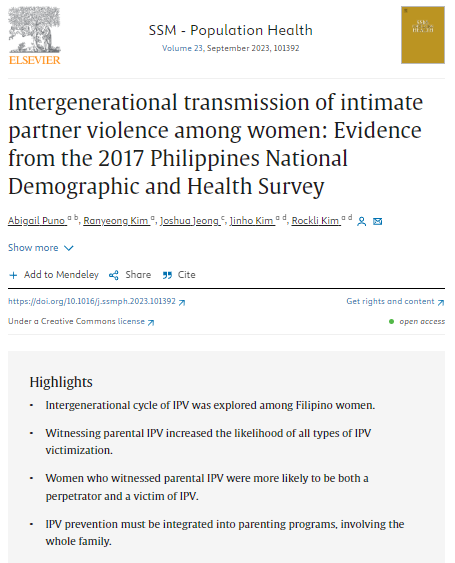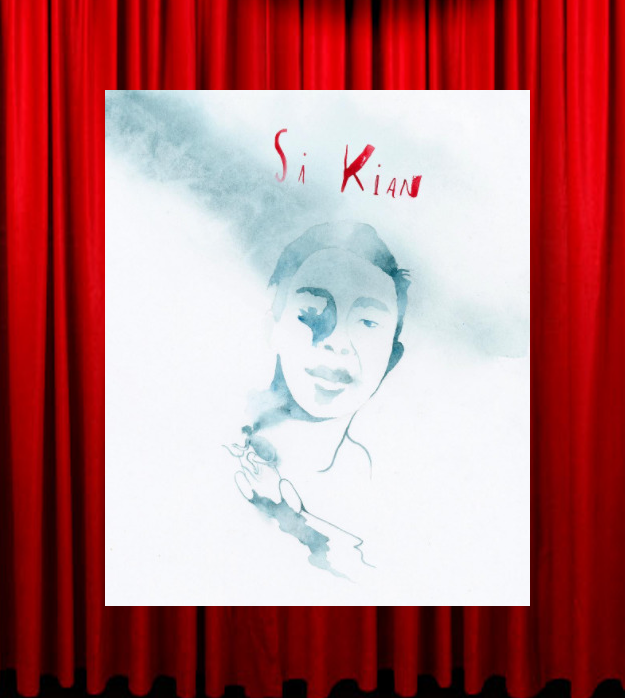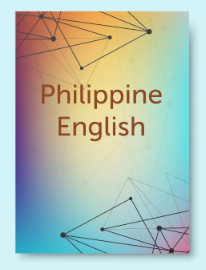Research
As the national university, we champion and support innovative research that addresses the country’s most pressing challenges.
10 Jan 2024
Researchers build a smart computer system that can accurately predict issues when two drugs are taken together
Drug-drug interactions (DDIs) can be a serious problem in healthcare, causing around 30% of unexpected and dangerous medication issues. Over...
Read More10 Jan 2024
There is a clear correlation between planktonic foraminifera fluxes and seasonally changing environmental conditions
Planktonic foraminifera are calcareous zooplankton inhibiting the water column. They are sensitive to hydrographic stresses, and variations in their population...
Read More09 Jan 2024
Replacing gravel with coconut shell aggregates does not make concrete harder and less prone to corrosion
Utilizing coconut shell aggregates (CSA) in concrete benefits agricultural waste management and reduces the demand for mineral resources. Several studies...
Read More05 Jan 2024
Social media fueled widespread dissemination of disinformation narratives during the 2022 Philippine national election campaign period
Social media played a significant role in the 2022 Philippine national elections. Using various empirical sources, including an original pre-electoral...
Read More04 Jan 2024
The Sakdalistas focused on moral language in their writings while the Communists used a more economic-oriented tone
In Philippine historiography, there has been a tendency to either classify political movements using rigid and “elite” categories (fanatical vs...
Read More02 Jan 2024
02 Jan 2024
Researchers develop first marine plastics pollution database in Southeast Asia
The Southeast Asian region has been consistently tagged as among the top polluters of plastic in the oceans, with the...
Read More02 Jan 2024
Despite having positive views about queering English language teaching, teachers report limited knowledge of queer concepts
In the last two decades, there has been an increasing acknowledgement of and interest in the role of education in...
Read More29 Nov 2023
“No home birthing” policy affected the social and economic status of hilots and the well-being of mothers in a community
The paper aims to document the ways people understand, practice and experience pregnancy and childbirth in a community in Batangas,...
Read More24 Nov 2023
Filipino women exposed to violence between their parents are likely to be both a perpetrator and a victim of intimate partner violence
Violence can be transferred from one generation to another through social learning. Social learning theory posits that behaviors and values...
Read More22 Nov 2023
Children’s writers can present issues to young readers through words, linguistic structures and literary devices
This research focuses on the analysis of five stories for children written by Filipino authors and published in the Philippines...
Read More17 Nov 2023
Study looks at how Filipino researchers write articles in Philippine English and its implications for academic writing
For over half a century, Philippine English has existed as a linguistic issue in the Philippines. Despite the numerous studies...
Read More

